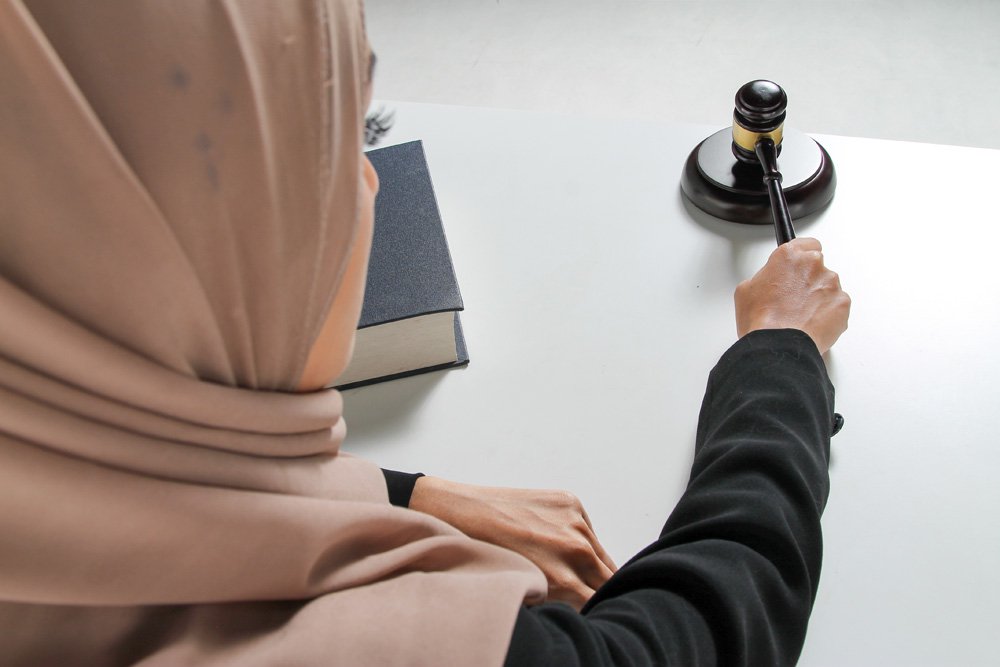
Members of Saudi Arabia’s consultative Shoura Council recently kickstarted a discussion on the possibility of further opening up the country’s judicial field, this time allowing the appointment of female judges. According to Saudi daily Okaz, the 150-member council is now in summer recess but will meet in four weeks to look into the recommendation “to empower competent Saudi women who are legally and religiously qualified to hold judging positions.”
Shoura council members Faysal Al Fadhel, Lateefa Al Shaalan, and Atta Al Subaiti presented the recommendation to the assembly within the Islamic Affairs and Judicial Committee. The reason behind their proposal, which calls upon Saudi Arabia’s Ministry of Justice to facilitate the appointment of women as judges in the country, includes the availability of “Saudi women with full merit for judicial functions, a shortage of judges, and vacant judicial positions.”
In addition, the recommendation includes scholarly references that show that no religious texts exist that bar women from becoming judges, as well as references to other countries in the region that have appointed women as judges. The members also argue that a judiciary body in today’s Saudi Arabia without the inclusion of female judges is incompatible with the Kingdom’s Vision 2030, which aims at empowering women and providing them with improved rights and increased opportunities.
Over the last year, Saudi Arabia has been swept by a wave of reforms designed to meet the objectives of Vision 2030, an ambitious nationwide plan that aims to diversify the Kingdom’s economy and modernize its society. Under this vision, various restrictions on women’s rights and mobility have been revisited and reviewed, leading to the increased presence of women in various sectors today.
Since the ascension of Crown Prince Mohammed Bin Salman, Saudi Arabian women can now work as investigators at the Public Prosecution Office, the number of Saudi female legal practitioners has increased by 29 percent compared to 13 percent for men, and male-dominated sectors such as the border guards, the security forces, and even private ventures such as vehicle and mobile repair shops are opening up positions for women.

















